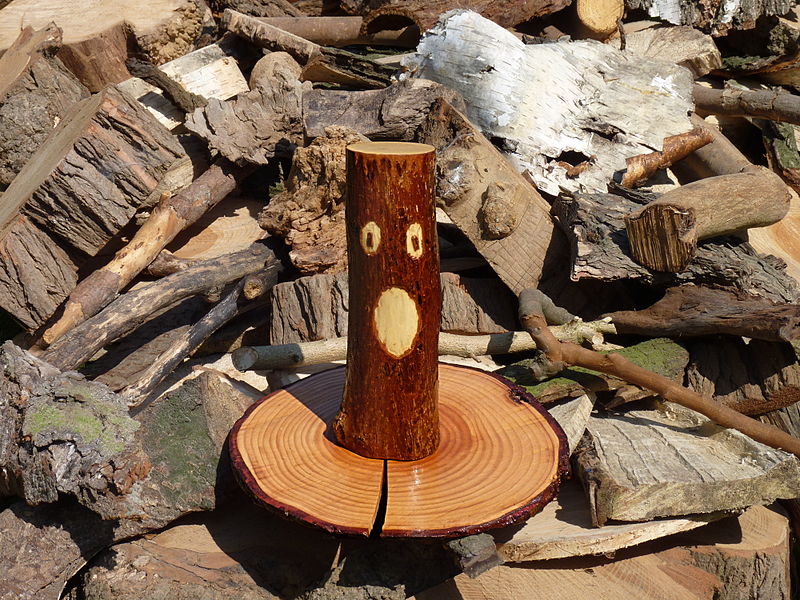Fear, like any emotion, has its uses. It tells us when something is a danger to us so that we avoid it and hopefully save ourselves. It’s our internal warning system, and it is likely one of the very oldest functions of the animal brain. But like anything, it can be overused and overstimulated to the point where it becomes maladaptive–no longer the best way to respond to a situation.
A few days ago saw the publication of a scare piece from New York Magazine about all the horrible ways we’re going to die due to climate change. Now, I am fully on board with the fact that climate change is happening, and that it’s caused by us. And yes, I have my pessimistic moments where I look at how many forces are perpetuating the causes of climate change out of greed and ignorance. It can be tempting, in the light of this worst-of-the-worst case scenario, to just roll over and give up.
That’s why I appreciated this retort from Grist (complete with links to fact-checking) that, while it acknowledges that climate change’s worst outlook is pretty bad, shows that the NYMag piece is way over the top. More importantly, the writer, Eric Holthaus, makes a very good point:
“The evidence that climate change is a serious problem that we must contend with now, is overwhelming on its own,” [climate scientist Michael] Mann writes. “There is no need to overstate the evidence, particularly when it feeds a paralyzing narrative of doom and hopelessness.”
Hope is a choice, and Wallace-Wells chose to take the dark side.
Holthaus goes on to point out that when we’re scared by something, we’re less likely to do anything about it other than run away or deny it exists. So all this doomsaying about the end of the world is doing nothing more than trying to become a self-fulfilling prophecy. (The overwhelmingly negative slant in the media isn’t helping, by the way.)
Ecopsychology has long been aware of how fear hamstrings any attempts at getting people to act in environmentally friendly ways. Twenty-five years ago, Theodore Roszak coined the term ecopsychology in his book The Voice of the Earth. In the very first chapter he criticized the tendency of environmental groups to focus on the negative and desperate, and pointed out how this often turns people away and shuts them down rather than engaging them. He says:
What I say here, I say as one who believes the warnings of the most worries ecologists and endorses the indictment of the angriest among them. I share their outrage and their urgency; I understand why they resort to hyperbole. But we may have reached the point at which the environmental movement must take the time to draw up a psychological-impact statement. Are dread and desperation the only motivations we have to play upon? What are we connecting with in people that is generous, joyful, freely given, and perhaps heroic? (p. 38)
Over the past few centuries, the narratives that the Western world has had with nature have been largely negative; first, that it is a fallen, lesser version of the paradise that religion promises; second, that humans are above the rest of nature and can make use of it as we please, no matter how much damage we cause; third, the Cartesian idea that animals cannot reason and therefore don’t feel pain, which feeds into the general concept that we need not be responsible toward nature; fourth, that nature is a dangerous place to be, full of wild animals that will eat you; and fifth, that we have so damaged nature that we must only feel guilt toward it even as we self-centeredly hurtle toward the destruction of all things.
No wonder people turn away from news about climate change! It’s not that nobody has any positive views of nature; most of us, when asked, would say that we favor it and enjoy spending time outdoors. But most of us don’t spend a lot of time outdoors, and our narratives about nature are more often framed by the above cultural narratives than by personal experiences. We don’t have a lot of nature-positive cultural narratives to counter these negative stories with.
And that’s where I think ecopsychology needs to focus: not just in allowing space for grieving for nature, but for building resilience in the face of all this doomsaying that threatens to drag us into despair. Part of that includes rewriting the dominant cultural narratives about climate change, and nature in general, into more constructive and optimistic outlooks to strive for.
Ecotherapists are uniquely suited to understand not only the internal needs of a person, but how to weave those needs into the greater context of the non-human world around them. And right now what we need is relief from all the bad news and distress; we were never meant to be constantly on high alert.
Holthaus ends his retort by asking us to choose hope over fear, to face and talk about climate change instead of denying or being paralyzed by it. In my next article I’ll present some concrete ways to promote hope and other constructive emotions.

